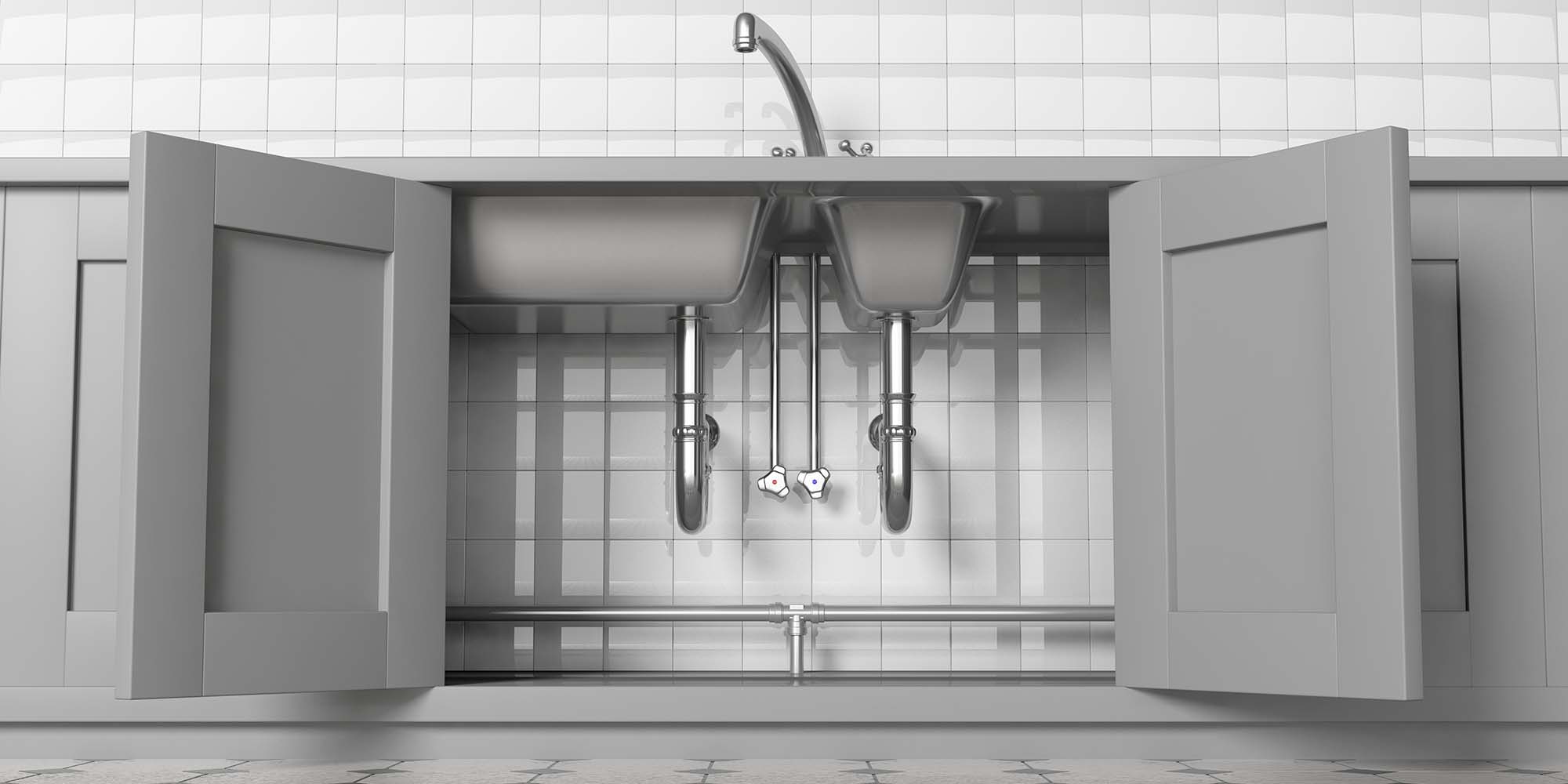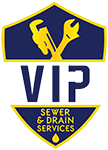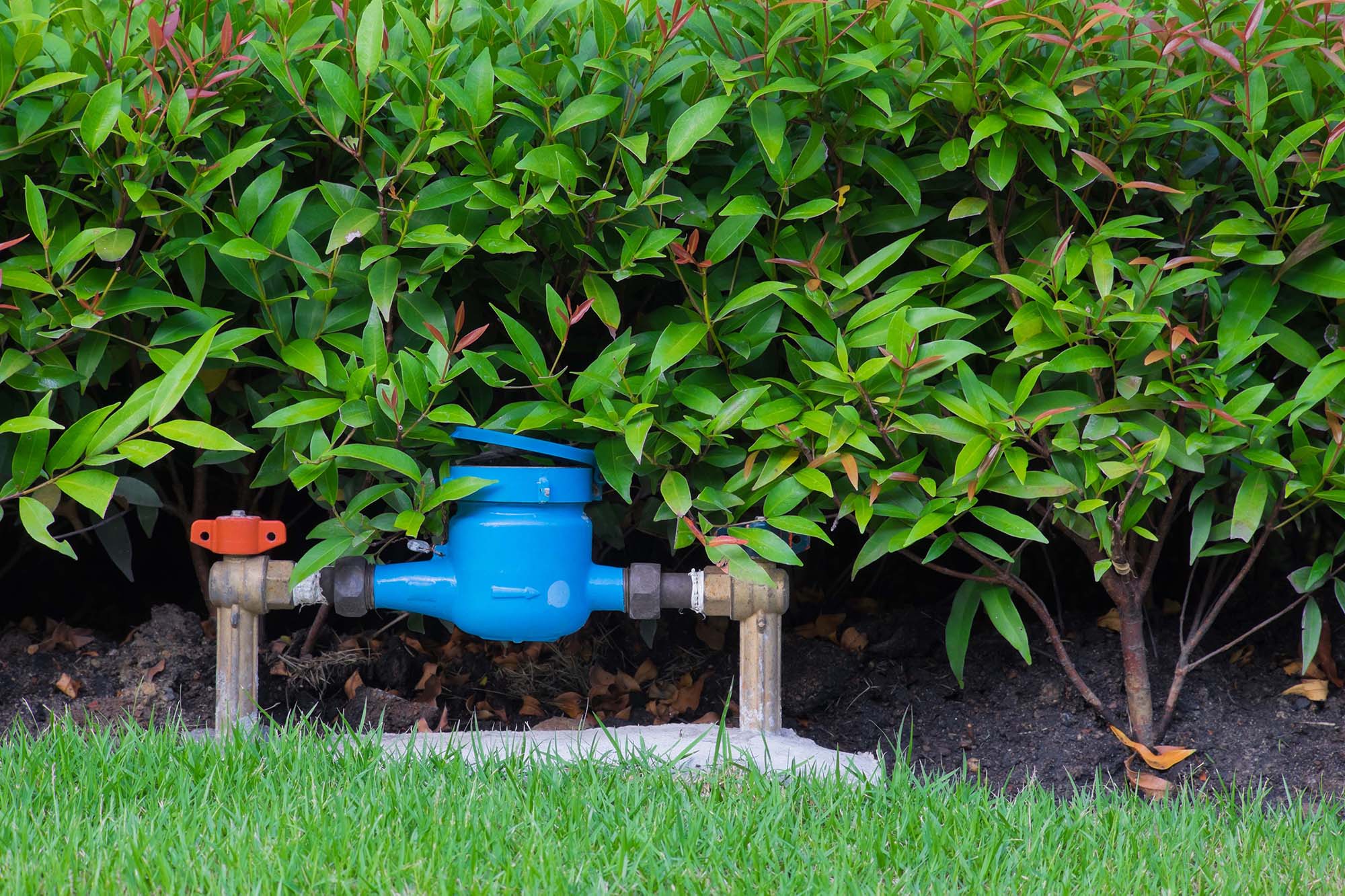
A plumbing system is not something most people think about, until there’s a plumbing issue. Though no professional plumber will expect you as the home or business owner to know the ins and outs of your plumbing system, knowing these 10 simple things, can make your life a lot easier in the face of a plumbing problem and aid in the prevention of one.
1. Where your water comes from.
Though this may seem like a silly question at first glance, it is one of the most basic things you should know about your plumbing system. Your water either comes from the city or a private well.
Why it’s important.
Though there are many benefits to having your water supply come from a private well, the responsibility of maintaining that well falls on you. Neglecting proper well maintenance, can result in the contamination of your water.
2. Location of your main water shut-off.
Your main water valve is the entrance way between your water source and your home or business. It’s usually installed on ground level or your basement. It may be located outside, in a utility closer or in your garage.
Why it’s important.
Knowing how to access your water main and how to shut it off is a crucial step in the event of a pipe burst or any major water leak. This will prevent your home from flooding, causing severe and costly damage to your property.
3. How to read your water meter.
Your water meter is responsible for measuring the amount of water that enters your property and is often located outside, along your property line in a concrete slab in the ground. There are two types of water meters, an analog display, more common in older homes and a digital display.
Why it’s important.
Knowing how to read your water meter, will allow you to keep better track of your usage and identify potential water leaks, when an unexplained spike in water usage occurs.
4. Whether or not you have a septic tank.
You most likely have a septic tank if you identified that you have well water, you can’t seem to find a water meter on your property and your water bill doesn’t show a charge for sewer usage. Another tell tale sign is that there is a manhole on your property.
Why it’s important.
As with all things in life, septic tanks can malfunction and the effects of that are not pleasant. Understanding the existence and location of a septic tank on your property can aid in the identification of signs that your septic tank needs attention.
5. Location of your clean-out and if you even have one.
A sewer clean-out provides direct access to the sewer line which connects your plumbing system to the municipal sewers or the above mentioned, septic tank.
Why it’s important.
If the sewer line clogs it can create a costly and dangerous problem. Having easy access to your sewer line via a clean-out, makes addressing a sewer line clog much easier, saving you both time and money. Not all properties have a sewer clean-out, so getting one installed prior to any sewer line problems, is something worth considering.
6. How to shut off individual fixtures.
You may have noticed the little knobs hiding behind your bathroom sink’s p-trap or somewhere behind your toilet. Those little knobs are not decoration and understanding how and when to use them (and when not to) can come in handy.
Why it’s important.
When a single fixture, such as your toilet, malfunctions, turning off the water in your entire house may be inconvenient, unnecessary and even harmful to your plumbing system. Understanding how to turn off individual fixtures when they leak or overflow, will allow you to control the problem area, while still having access to water.
7. What shouldn’t go down your garbage disposal.
Coffee grounds, bones, starches such as pasta, egg shells, oil, grease, vegetable or fruit peels are just some of the things you should never throw down your garbage disposal.
Why it’s important.
Just because it’s called a garbage disposal, doesn’t mean it’s meant to grind up anything you have lying around. Throwing the wrong items in your garbage disposal can lead to a clog or a broken appliance.
8. What shouldn’t go down your toilet.
You may know better than to flush paper towels, diapers or baby wipes. However, cotton pads, q-tips, dental floss, food, grease, hair, gum or even bleach should also never make their way down your toilet.
Why it’s important.
Products getting flushed down your toilet, have to pass through your pipes to get to the sewer or septic tank. Because these items are not meant to end up in your pipes or a septic tank they are the most common cause of toilet clogs.
9. How old are your pipes.
This can be easy to overlook since, as we’ve mentioned at the beginning, your plumbing system is not something most people think about, until there’s an issue. Pipes do have a limited lifetime, which varies depending on the type of pipes you have, and they do need to be replaced over time.
Why it’s important.
Old pipes that need replacing, may be the cause of frequent leaks and eventually lead to a pipe bursting. Plumbing systems installed over 50 years ago, may still contain lead pipes which can contaminate your water and be harmful to your health.
10. Who to call in case of an emergency.
A plumbing emergency can escalate very quickly and add up to a lot of costly damage. When you’re in a pinch, searching for reliable and available plumbers on the spot, may not yield promising results. However getting a trained professional to address the issue as quickly as possible will help save you money and prevent the problem from getting worse.
Here at VIP Drain Service our experts are ready and available 24/7 in the face of a plumbing emergency. Don’t hesitate to call when you find yourself in a pinch and rest assure you are getting honest, quality and reliable work done.



